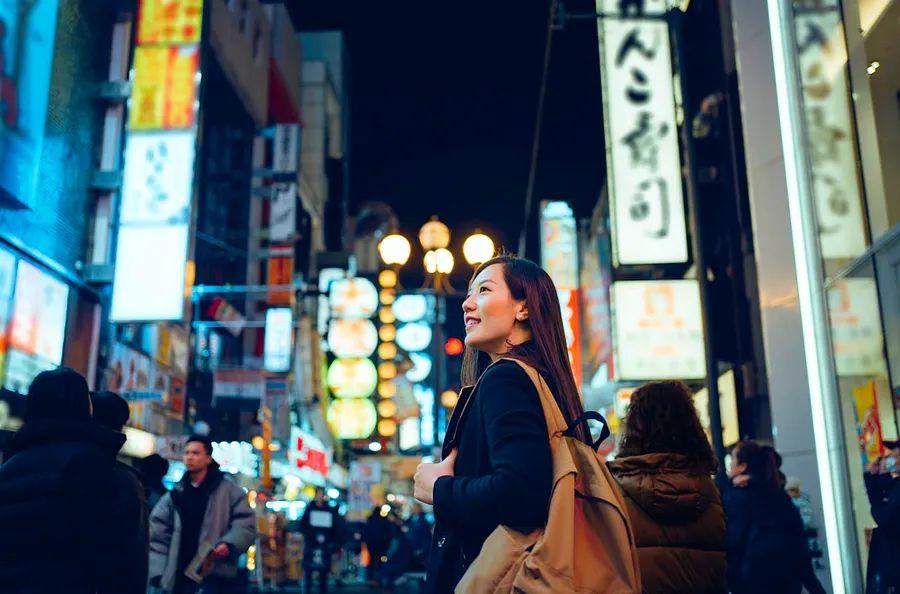Essential information about visa requirements for Japan

With its vibrant modern cities, stunning rural scenery, and famous cuisine, Japan is a must-visit destination for travelers looking for a rich Asian experience. The good news is that those dreaming of a long-awaited journey to Japan no longer have to wait—after implementing some of the strictest border control measures during COVID-19, Japan has reopened visa-free travel for visitors from most nations.
Continue reading for an overview of Japan’s current entry requirements, and be sure to check Japan’s Ministry of Foreign Affairs website for the latest updates before your trip.
 Mount Fuji is breathtaking from afar, and climbing to its peak is also an option © Zania Studio / Shutterstock
Mount Fuji is breathtaking from afar, and climbing to its peak is also an option © Zania Studio / ShutterstockEntry procedures – what to do before you arrive
Before your journey, register at Visit Japan Web to submit your customs and immigration documents, then download the QR code to your smartphone.
Upon arriving in Japan, simply present the QR code when asked during the entry process.
 With a 90-day stay in Japan, you have ample time to discover temples and historical landmarks throughout the country © Oliver Foerstner / Shutterstock
With a 90-day stay in Japan, you have ample time to discover temples and historical landmarks throughout the country © Oliver Foerstner / ShutterstockHow to obtain a visa
Citizens of 68 countries can visit Japan for tourism for up to 90 days without a visa, benefiting from a visa exemption. This includes countries like the UK, USA, Canada, Mexico, Australia, Singapore, Malaysia, and most European nations. For a complete list of visa-exempt countries and their durations, refer to the Japanese Ministry of Foreign Affairs.
Upon arrival in Japan, all foreign passport holders will have their photographs taken and fingerprints collected. If necessary, travelers arriving under the visa exemption should be prepared to show proof of onward travel or sufficient funds to buy a departure ticket. However, this is seldom requested. Ensure your passport is valid for the entire duration of your stay.
Travelers from non-exempt countries must apply for a visa through their nearest Japanese embassy or an accredited travel agent recognized by the embassy. The fees are around 3,000 yen for a single-entry visa and 6,000 yen for a double or multiple-entry visa, payable in the local currency of the embassy's location.
Visas typically take five business days to process from the day after your application is accepted. For specific visa application requirements in different countries, visit the Japanese Ministry of Foreign Affairs website.
 Alongside exploring Japan's bustling cities, don’t miss the chance to experience natural wonders like the bamboo groves in Arashiyama, Kyoto © Patrick Foto / Shutterstock
Alongside exploring Japan's bustling cities, don’t miss the chance to experience natural wonders like the bamboo groves in Arashiyama, Kyoto © Patrick Foto / ShutterstockWhat should I do if I need to extend my visa?
Visa extensions are possible from within Japan for citizens of Austria, Germany, Ireland, Liechtenstein, Mexico, Switzerland, and the UK; these travelers may be eligible to extend their temporary visitor visa for an additional 90 days. To do this, they must apply at a regional immigration bureau in Japan before their initial visa expires. If granted, the extension fee is 4,000 yen.
For travelers from other countries, extending a temporary visa is challenging unless you have family or business connections in Japan who can serve as a guarantor. Discuss your options at the nearest regional immigration bureau.
Extended working visas are available for those wishing to visit Japan, allowing individuals to study, train, or work in the country. These visas typically provide entry for three years, one year, six months, or three months and must be obtained in advance through an embassy in your home country.
Additionally, there is a special working holiday visa that permits visitors to undertake small jobs while traveling in Japan for tourism. This visa is available to individuals aged 18 to 30 (25 in some cases) from 26 countries, including Australia, New Zealand, Canada, Korea, the UK, and various European nations. There are restrictions on the number of hours and types of work allowed under this visa.

1

2

3

4

5
Evaluation :
5/5